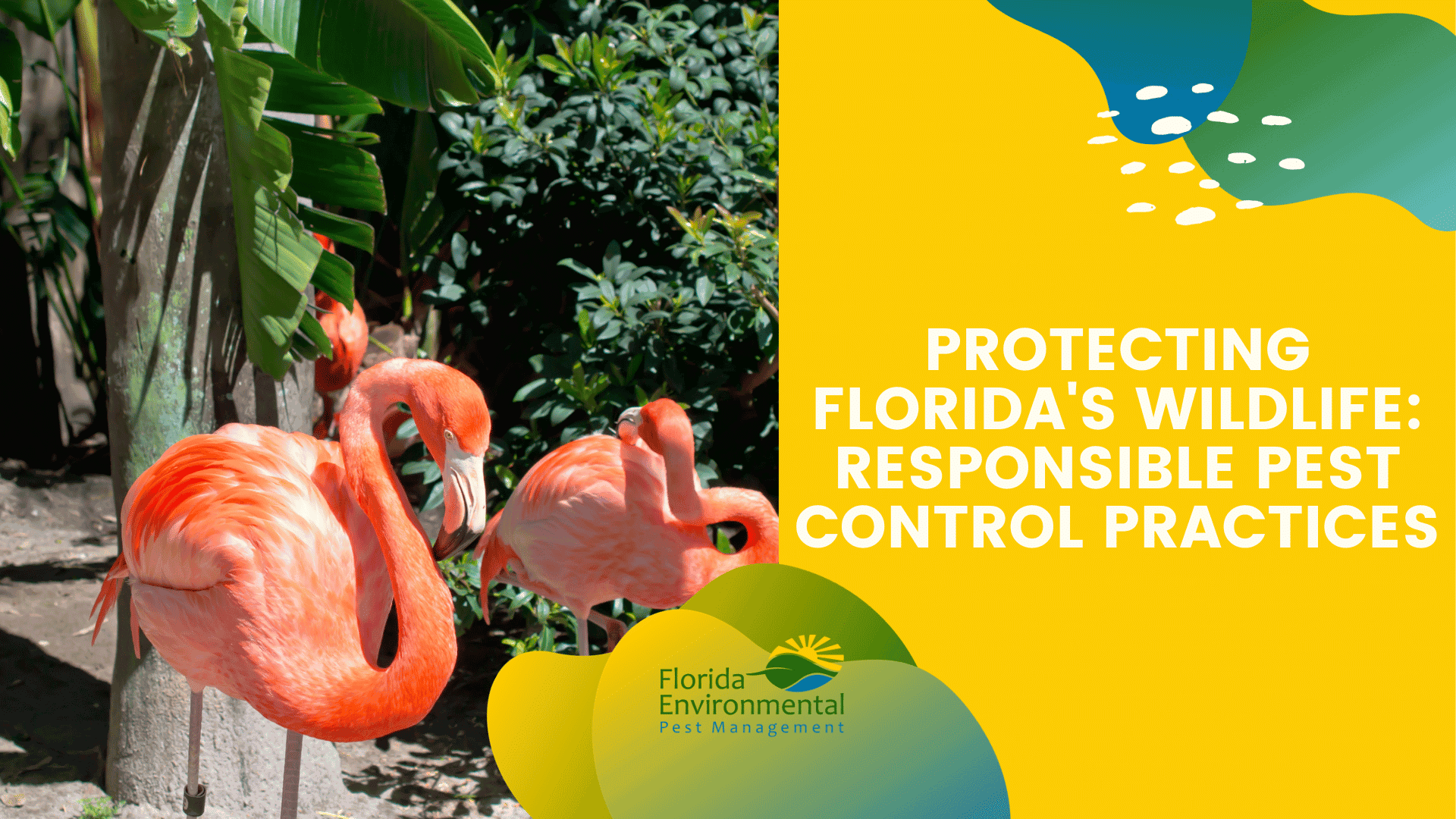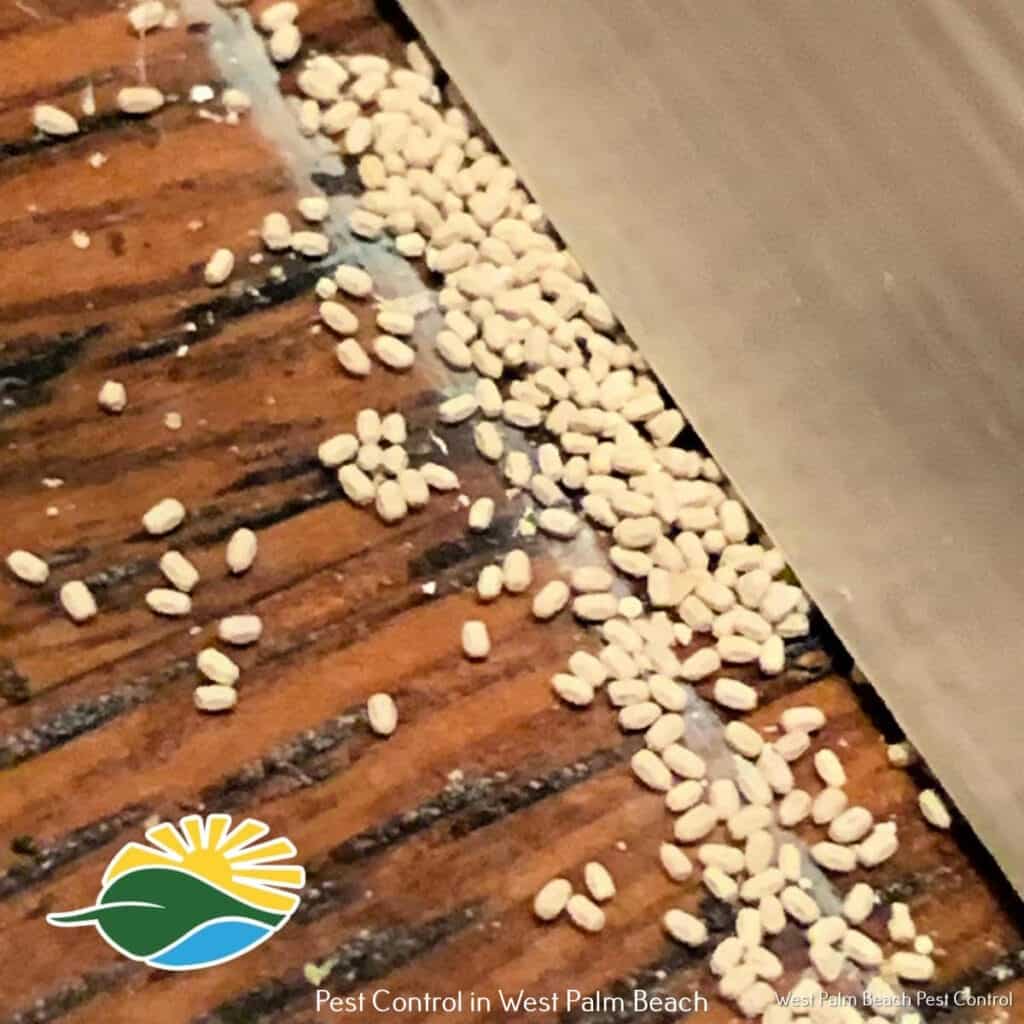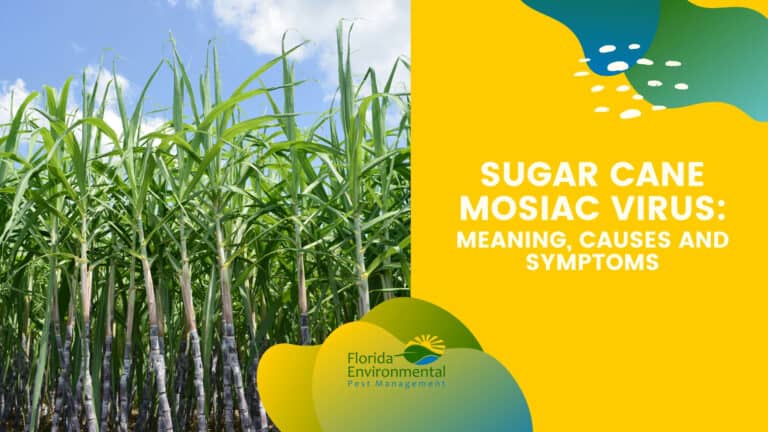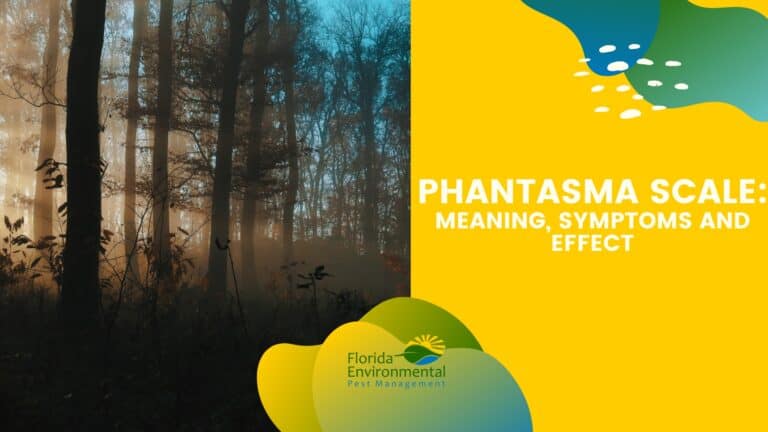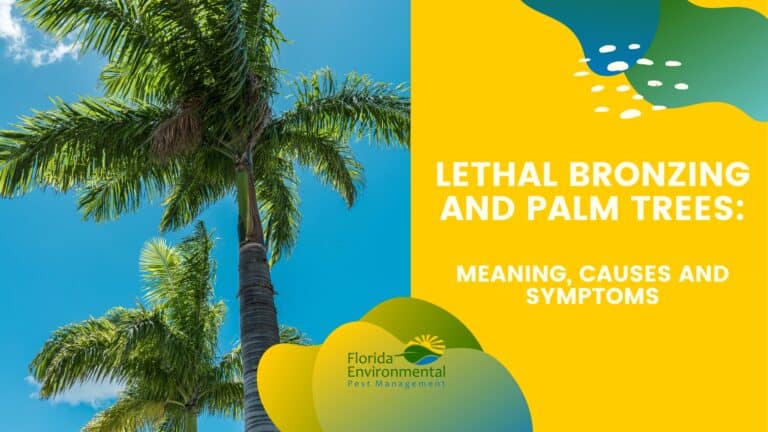Florida is renowned for its rich biodiversity, from flamingos to bluebirds. However, as residential and commercial areas grow, so does the challenge of managing pests without compromising the welfare of our local wildlife. This balance makes responsible pest control not just a choice but a necessity. While it’s natural for homeowners and businesses to want to protect their properties from pests, it’s imperative to do so in a manner that safeguards the environment and the creatures inhabiting it. Let’s explore the best pest control practices for your home and the environment.
The Challenges Facing Florida’s Wildlife
Florida’s wildlife faces several challenges that have intensified over the years. As cities expand natural habitats get reduced and broken up, making it challenging for species to find mates, food, or migrate.
Direct threats from pesticides and chemicals cannot be underestimated, because they can cause considerable damage. In our attempt to control pests, we sometimes inadvertently harm non-targeted species. Birds, mammals, and aquatic life can consume poisoned pests or get exposed to harmful residues, leading to significant health complications or even fatalities. These challenges highlight the delicate balance required in our approach to pest control.
The Consequences of Irresponsible Pest Control
While the primary goal of pest control is to protect properties and human health, irresponsible practices can have unintended and far-reaching consequences on Florida’s ecosystems. Pesticides, especially when misused or overused, do not always discriminate between pests and beneficial organisms. For instance, a treatment targeting mosquitos might inadvertently affect beneficial pollinators like bees. Such collateral damage disrupts the ecological roles these species play in our environment.
This leads to another significant consequence: the disruption of the food chain. By diminishing the populations of certain species, we can indirectly affect the animals that rely on them for sustenance. An imbalance at one level can cascade upwards or downwards, creating unpredictable shifts in population dynamics and biodiversity. Did you know that relying heavily on chemicals can result in the creation of pesticide-resistant pests?
Over time, pests exposed to certain chemicals might develop resistance, making them harder to control in the future. This not only means that more potent chemicals might be required, escalating the risk to non-target species, but also that pest infestations become harder to manage, causing even greater frustrations for homeowners and businesses.
Best Practices for Responsible Pest Control
For those committed to protecting Florida’s wildlife while addressing pest issues, several responsible and effective strategies can be implemented.
Integrated Pest Management (IPM)
- IPM is a holistic approach to pest control that focuses on long-term prevention through a combination of techniques. It emphasizes understanding the life cycle of pests and their interaction with the environment.
- Before any action is taken, it’s important to accurately identify and monitor pests. This ensures that control methods are targeted and reduces unintended consequences.
- Using beneficial insects and natural pathogens is another way to reduce the need for chemical interventions. For example, ladybugs can be used to control aphids, and certain fungi can combat pests without harming plants or wildlife.
Eco-friendly pesticides and chemicals
- Choosing eco-friendly pesticides that break down naturally and leave behind minimal residues minimizes the potential harm to the environment.
- Not all pesticides are safe for the environment. It’s essential to research and choose those with proven low ecological impact.
Safe application practices
- The right time and conditions to apply treatments: Applying treatments during specific times and under certain conditions can reduce the risk of affecting non-target species. For instance, spraying in the evening might protect beneficial insects active during the day.
- The importance of following label instructions: Over-application or misuse of pesticides can lead to unnecessary environmental harm. Always adhere to the recommended dosages and methods of application.
Preventative measures
- Proper waste management to avoid attracting pests: Regularly clearing garbage, sealing bins, and composting can significantly reduce pest attractions.
- Regular property inspections: Periodic checks for vulnerabilities, such as cracks, gaps, or standing water, can help in early detection and rectification, averting major infestations.
- Using native plants that deter pests: Many native plants have evolved natural defenses against local pests. Incorporating them into landscaping can provide a dual benefit of supporting local ecosystems while deterring pests.
Professional Pest Control
Understanding the life cycles of common pests is fundamental to keeping your home and business pest-free. Although a proactive approach involves an ongoing commitment to implementing pest control practices, the results speak volumes. Skilled professionals are equipped with the right tools and knowledge to root out infestations, targeting pests right at the root of the problem. For preventative pest control or to target the source of an ongoing pest problem, contact Florida Environmental Pest Management today.

